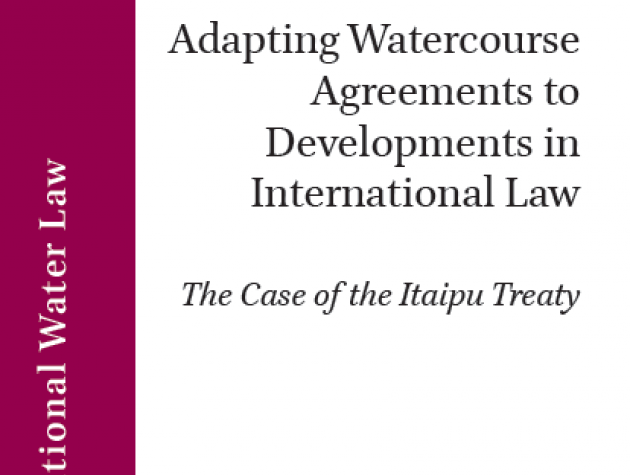Governance in post-conflict countries: engaging the private sector
This year will see the promulgation of a new global development agenda to succeed the 2000-2015 Millennium Development Goals (MDGs). The private sector's role in building more peaceful and prosperous societies is higher on that agenda than ever before.
But what should public policy do about influencing responsible investment and business activity in weakly-governed and conflict-affected states and situations? What might be a legitimate and effective approach to regulating the private sector's impact on processes of consolidating peace?
March sees the Oxford launch of a new book by Jolyon Ford, of GEG and Chatham House.
Published this February by Cambridge University Press, Regulating Business for Peace seeks to bring together two areas generally treated separately: the international governance and rehabilitation of war-torn territories, and evolving trends on the promotion and regulation of socially responsible business practices.
By reference to the UN peacekeeping and peacebuilding system as the 'peak' global institution for international peace and security, the book is the first to explore how the UN system has engaged (or neglected to engage) with the private sector as a stakeholder in post-conflict peacebuilding. It then goes on to offer one proposed regulatory approach for organisations involved in post-conflict transitions. This is intended as one contribution to the wider policy problem of attracting reputable firms to risky places (so as to help catalyse inclusive growth) while ensuring compliance with reasonable social, environmental and governance standards.
For a recent short blog-post outlining the research, see here.
![]()







